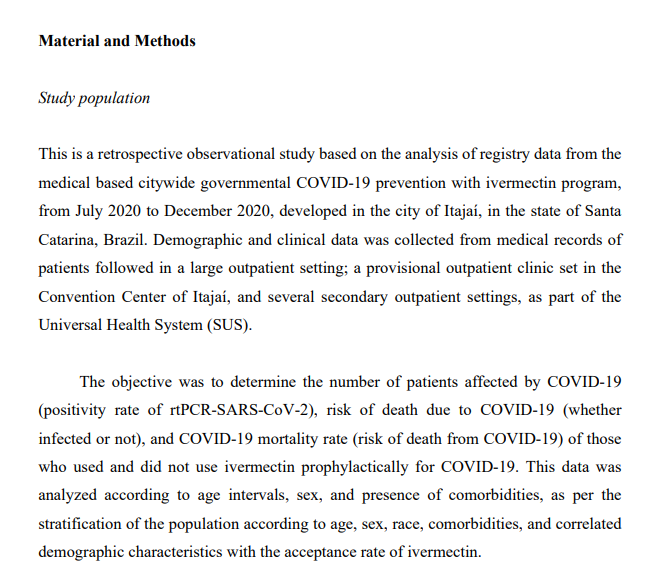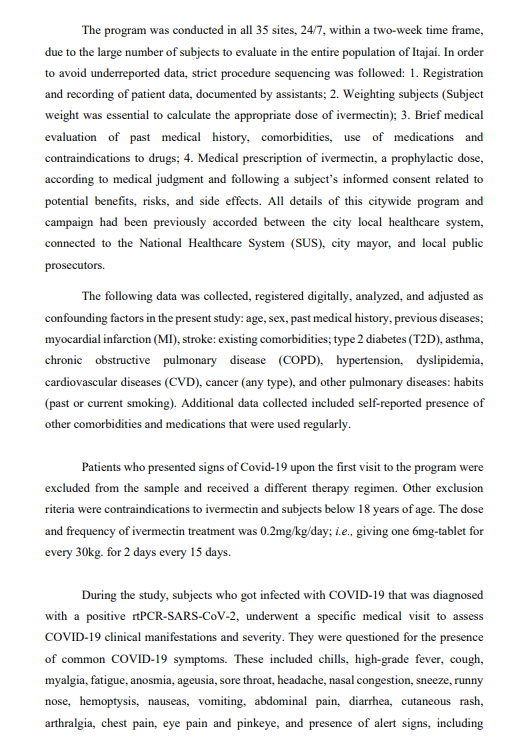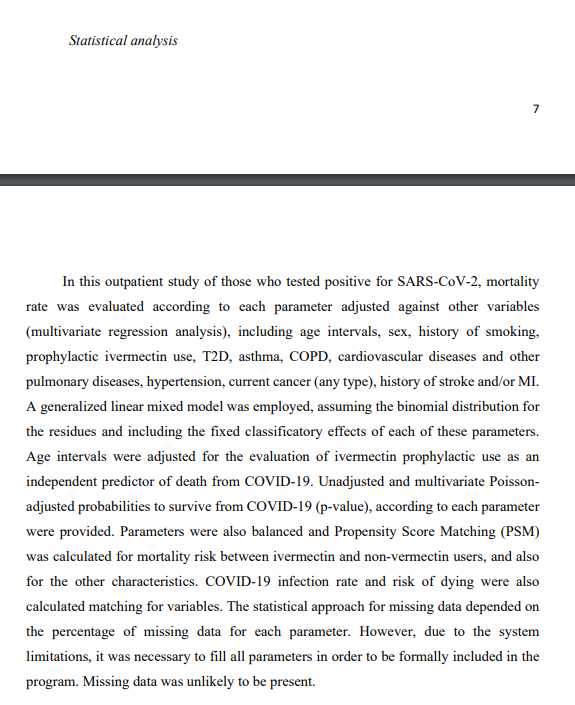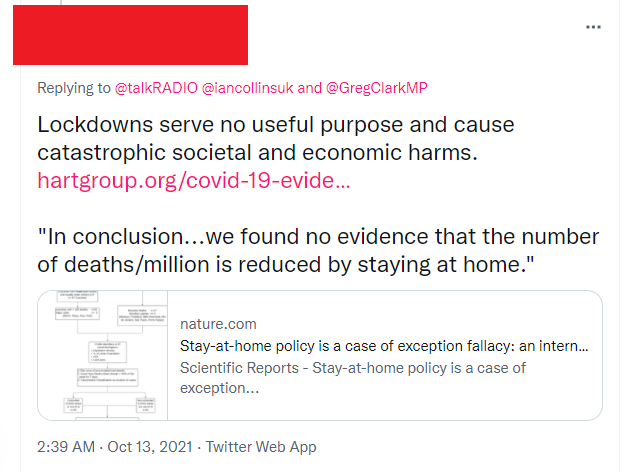
I thought I'd put together a short list of terms that, while they may have some formal definition, tell you more about the person using them than conveying any actual meaning in conversation
First up, "cancel culture". Means basically nothing
First up, "cancel culture". Means basically nothing
My perennial favourite, "nanny state". It's only used when people consider a govt intervention to be overreach, but what defines overreach is entirely subjective
Btw, feel free to add your own examples to this list, there are SO MANY
"Redneck", "bogan", or whatever your local example is. Most of these are historical terms that once meant something specific, but they're more about a vague sense of general disapproval these days
"Silencing" is a great one. Very few people who are actually silenced ever use the term, but you hear it plenty from people who have national platforms!
Another excellent example. Most people talking about CRT aren't actually talking about the academic concept, it's just a vague term to denote general unease
https://twitter.com/rjblaskiewicz/status/1476071227068407811?t=kk3N4VEe7O3f7KKF4Wgwdw&s=19
"Woke" is another brilliant example - it has a reasonably specific meaning, but is now a colloquial term that either indicates agreement or disgust depending on who is using it and the context
https://twitter.com/ArtofBorbor/status/1476084164176891904?t=dILLRrogwzRQ8Hn1jawwNw&s=19
"Natural" and "chemical free" are also both great examples - both have fairly specific meanings, but are generally used to simply signify a vague sense of like or dislike
https://twitter.com/carissa_bon/status/1476082176563113986?t=ggTsjFH7ivyE0AmEkKGF_g&s=19
• • •
Missing some Tweet in this thread? You can try to
force a refresh
















